

Tao Te Ching
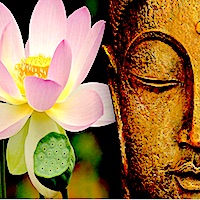
Appreciation
It’s so easy to complain, to criticize, to focus on the negativity and ignore all the good things that are happening. Looking only at the negative may make us feel better about our relatively better situation. It may explain why good news isn’t even considered news and why almost all the news stations, newspapers, and talk radio are so quick to cover disasters, scandals, and dramatically horrific events. This fostering of negativity however creates a thick veil over all the wonderful things in our lives shielding us from the wonder and joy and sacredness of our immediate experience. It saps our wonder, our inspiration, our appreciation—the appreciation that gives our lives meaning.
Quotes (83)

“The surest test if a man be sane is if he accepts life whole, as it is.”

“Take care of and appreciate but don't puff up and exaggerate; let go of that and choose this.”
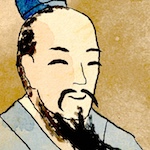
“Judgments of right and wrong are what I am calling feelings. What I call having no feelings is when people do not harm themselves inwardly by likes and dislikes but always go by what is natural and not try to add to life.”
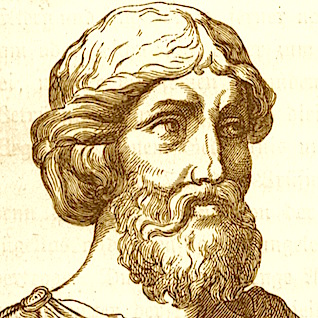
“The wise man is but little favored by fortune; but his reason procures him the greatest and most valuable goods, and these he does enjoy, and will enjoy the whole of his life.”

“Away with your tears, old reprobate! Have done with your grumbling! You are withering now after tasting all the joys of life. But, because you are always pining for what is not and unappreciative of the things at hand, your life has slipped away unfulfilled and unprized... To none is life given in freehold; to all only on lease.”
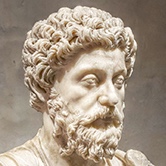
“Here is a rule to remember in future, when anything tempts you to feel bitter: not ‘This is misfortune,’ but ‘To bear this worthily is good fortune.’”

“What good fortune to live upon the earth. What pleasure in wielding the sword of awareness and meeting friends when we encounter the Aim-less Ones.”

“In the landscape of spring, there is neither better nor worse. The flowering branches grow naturally, some long, some short.”

“The wise don’t reject anything - both positive and negative qualities are aids on the path. —”

“Unless we are crushed by conditions... unless our own mouths water from hunger, we never appreciate a poor man's need to hoard.”
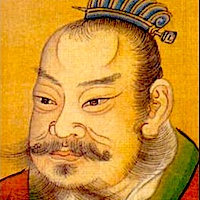
“A spring evening—one priceless moment.
The smell of fresh flowers and the glow of the moon.
Sweet song drifts down from the balcony—beautiful.
The garden swing hangs motionless as evening drips away.”
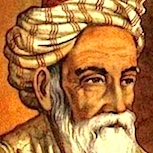
“And this delightful Herb whose tender Green
Fledges the River's Lip on which we lean—
Ah, lean upon it lightly! for who knows
From what once lovely Lip it springs unseen!”

“Know that thankfulness is from the highest of stations, and it is higher than patience, fear, and detachment of the world.”

“If the only prayer you said in your whole life was 'thank you,' that would suffice.”
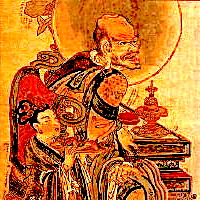
“If man were never to fade away ... but lingered on forever in the world, how things would lose their power to move us. The most precious thing in life is its uncertainty.”

“Are we to look at cherry blossoms only in full bloom, the moon only when it is cloudless? To long for the moon while looking on the rain, to lower the blinds and be unaware of the passing of the spring - these are even more deeply moving. Branches about to blossom or gardens strewn with flowers are worthier of our admiration.”
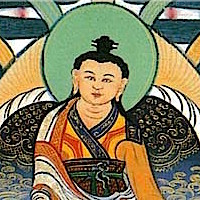
“Authentic presence may have a dream-like quality but it is not dreaming or tied to any purpose but founded on the recognition of reality developing from acceptance and appreciation.”
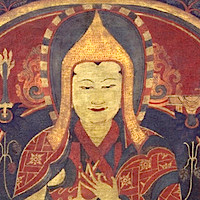
“Water the ground of appreciation and love, sew the seeds of compassion, and watch the tree of awakened heart grow.”

“How beauteous mankind is! O brave new world that hath such people in it!”

“Pay respect that you may be respected and know that to be esteemed you must show esteem.”

“[Giants are dwarfs.] Giants are usually really dwarfs as abundance lowers importance. Don’t value books by their thickness, quantity over quality, magnitude over intensity.”

“Appreciation is a wonderful thing. It makes what is excellent in others belong to us as well.”

“perhaps it is wiser and well to be contented with the good things before us, and to be thankful for what we have, rather than be thoughtful about what we have not.”

“Two things fill the mind with ever new and increasing wonder and awe—the starry heavens above me and the moral law within me.”
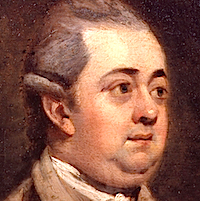
“There exists in human nature a strong propensity to depreciate the advantages, and to magnify the evils,”
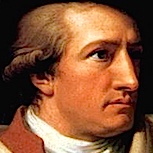
“One should—every day at least—hear a little song, read a good poem, see a fine picture, and, if possible, speak a few reasonable words.”

“Whoever is rich in spirit makes much of his life. Every acquaintance, every incident… an endless series—the beginning of an endless novel.”

“The power of attaching an interest to the most trifling or painful pursuits ... is one of the greatest happinesses of our nature”
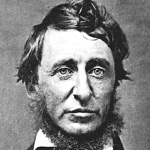
“Such is beauty ever,—neither here nor there, now nor then,—neither in Rome nor in Athens, but wherever there is a soul to admire.”
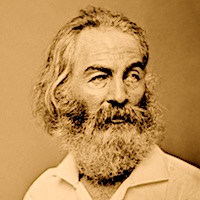
“I know nothing more rare than a reverent appreciation of the People—of their measureless wealth of latent worth and capacity, their vast, artistic contrasts of lights and shades... far surpassing all the vaunted samples of book-heroes in all the records of the world.”
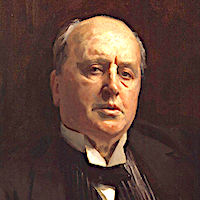 “Summer afternoon—summer afternoon; to me those have always been the two most beautiful words in the English language.”
“Summer afternoon—summer afternoon; to me those have always been the two most beautiful words in the English language.” 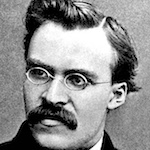
“Should not the giver be thankful that the receiver received? Is not giving a need? Is not receiving, mercy?”
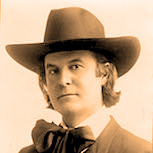
“I would rather be able to appreciate things I cannot have than to have things I am not able to appreciate.”
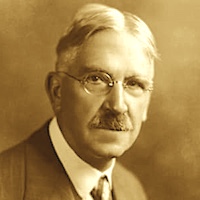
“The ultimate function of literature is to appreciate the world, sometimes indignantly, sometimes sorrowfully, but best of all to praise”
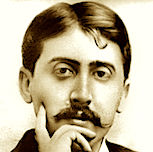
“In normal life, negligence deadens desire. Our laziness hides and incessantly delays projects, travels, love affairs, studies: our life. But life suddenly seems wonderful if we are threaten with death. We shouldn’t need a cataclysm to love life today. It should be enough to just realize that we are human and therefore death may come this evening.”

“The names of railway stations in a time table could offer far better value than fine volumes of philosophy. Linked to an order of reveries, one could imagine themselves stepping from the train on an autumn evening, when the trees are already bare and smelling strongly in the keen air”
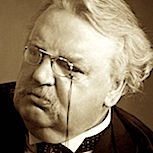
“When it comes to life the critical thing is whether you take things for granted or take them with gratitude.”

“after a celebration of love the lovers should not part without admiring each other, without being conquered or having conquered, so that neither is bleak or glutted or has the bad feeling of being used or misused.”

“There is not a human being from whom we cannot learn something if we are interested enough to dig deep.”

“Yes, your appreciation of yourself blinds you. It is the biggest obstacle to a new life.”

“Most human beings have an almost infinite capacity for taking things for granted.”

“Most human beings have an almost infinite capacity for taking things for granted.”
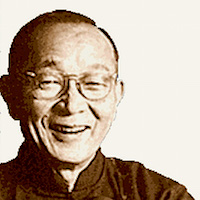
“There is so much to love and admire in this life—it’s an act of ingratitude not to be happy and content”

“I was within and without, simultaneously enchanted and repelled by the inexhaustible variety of life.”

“I should have judged her according to her actions, not her words. she perfumed my planet and lit up my life.”
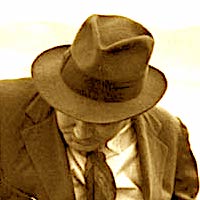
“Each moment is the fruit of forty thousand years. The minute-winning days, like flies, buzz home to death, and every moment is a window on all time.”
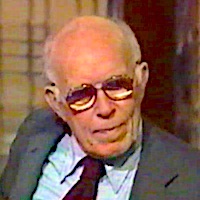
“Human diversity makes tolerance more than a virtue; it makes it a requirement for survival.”
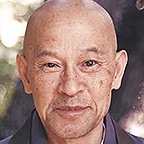
“That is the 'eye of wisdom' - to appreciate things and people 'as they are' and live our lives fully in the universe that is 'as it is.'”
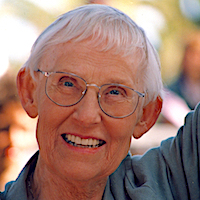
“We aren't sloppy when we're really appreciating what goes on. Basically, our attention is always slipping from what's arising and going back to our notion of ourselves.”
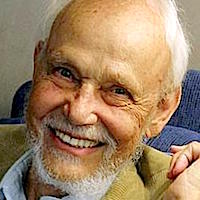
“Without love, we are self-centered, but love enables us to move the center of our lives outside our ego… it expands our lives”
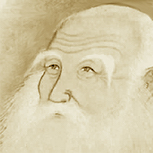
“If we're not happy with what we have already, we're not likely to be happy with what we're trying to get either.”
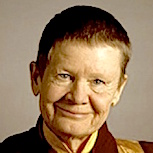
“One can appreciate and celebrate each moment — there’s nothing more sacred. There’s nothing more vast or absolute. In fact, there’s nothing more!”
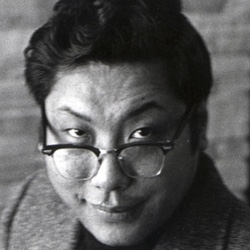
“Appreciation deals with qualities, fascination deals with the colors of those qualities.”

“Appreciation of the world outside is called compassion, and the appreciation of yourself is called maitri. Unless those two are working together, it is a dead end.”

“It matters not who you love, where you love, why you love, when you love or how you love, it matters only that you love.”

“Ironically, we never truly appreciated the experience for which we are nostalgic because we were too busy clinging to our hopes and fears at the time.”

“Trust begins to emerge when we have a sense that another person or organization is driven by things other than their own self-gain.”

“By its very nature, scale creates distance, and at distance, human concepts start losing their meaning... The more we have, the less we seem to value what we've got.”
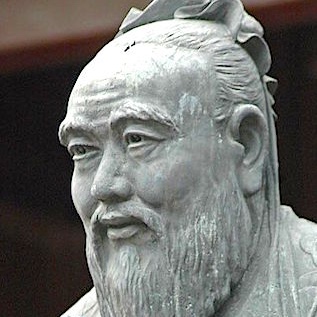
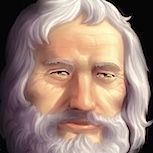

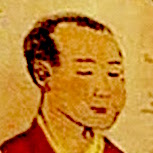
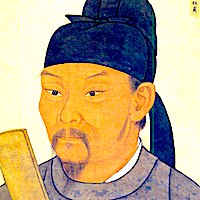

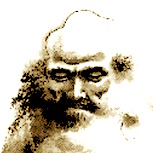




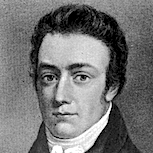

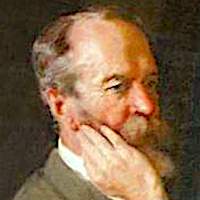

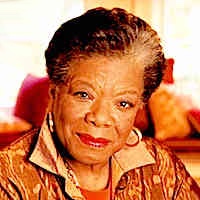


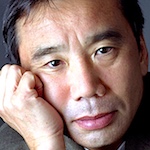
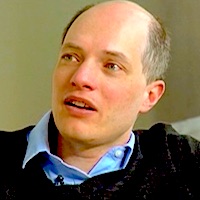

Comments (0)